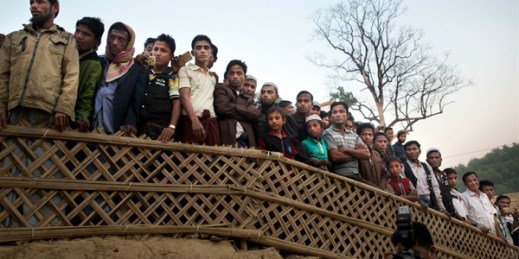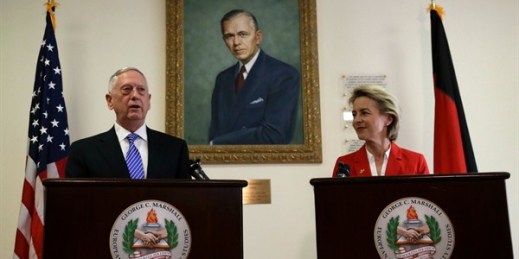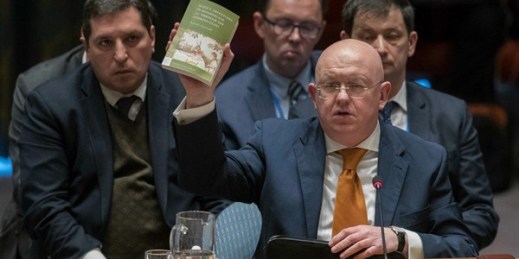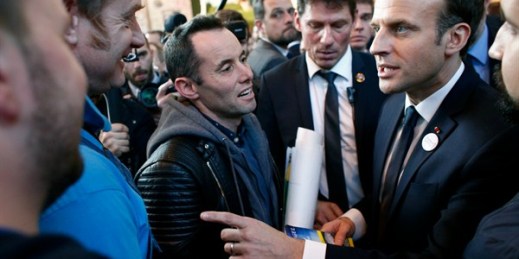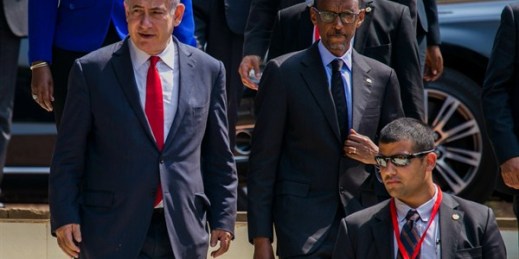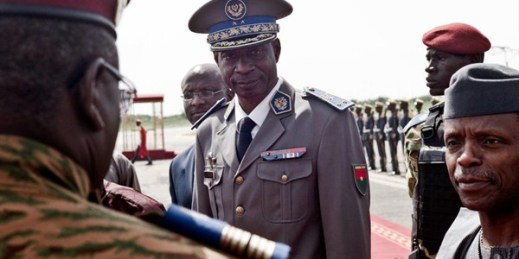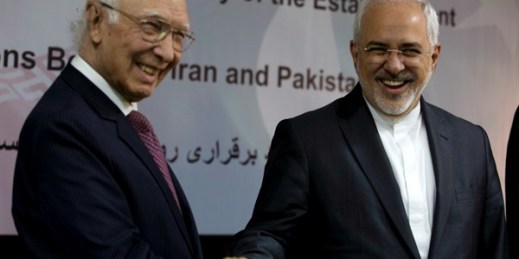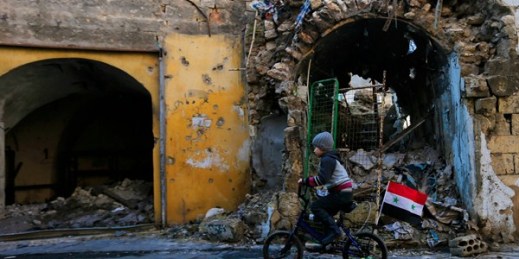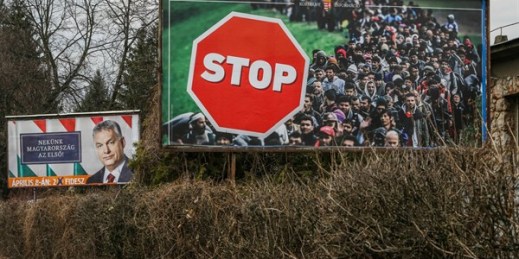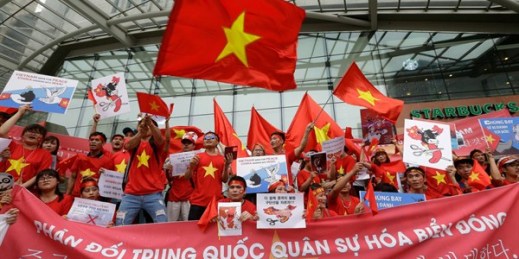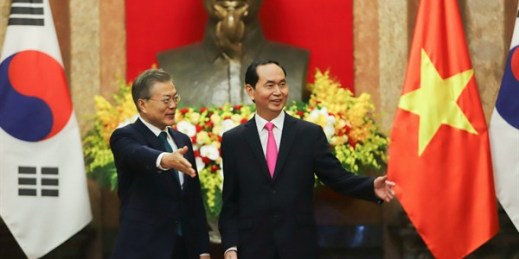
Population growth in the Middle East has created a variety of challenges for governments, but especially how to integrate so many young people into the economy. Failing to come up with a solution could have severe ramifications, though. A baby boom in Egypt since 2011 has added 11 million people to a population that is now approaching 100 million, according to Bloomberg. With a quarter of Egyptians between the ages of 18 and 29 unemployed, and an increasing number of young people entering a labor market that is ill-equipped to absorb them, many experts are raising concerns. Egypt isn’t alone. […]


